【新唐人2012年2月25日訊】世界銀行和中共國務院《發展研究中心》相關人員,合作撰寫的一份《經濟展望報告》對中國發出警告。報告説,如果中國不大規模改革國有企業的話,中國經濟可能會在2030年出現嚴重危機。
世界銀行預計將在下週公布《中國2030》報告,報告內容提出,中國如果不進行深層次改革,可能會面臨經濟危機。
《華爾街日報》揭露,這份報告意在影響中國下一代領導人,並挑戰胡錦濤主導的經濟發展模式。
世界銀行和中共國務院《發展研究中心》相關人員,合作撰寫的一份《經濟展望報告》對中國發出警告。(STR/AFP/Getty Images)
《華爾街日報》說,據六位參與報告編製和審核的人士透露,這份《報告》針對中國一些在政治上極為敏感的經濟問題展開論述,目地是要對中國下一代領導人產生影響。報告還對過去10年,中共國家主席胡錦濤領導下的中國經濟發展模式提出了質疑。
美國《南卡羅萊納大學艾肯商學院》教授謝田認為,世行的《報告》對中共專制政權的影響有限。
美國《南卡羅萊納大學艾肯商學院》教授謝田:“實際上對中共這個政權這種死硬的、鐵了心的,就是要走它專制道路的這樣的政權,實際上只有壓力,不管政治上的壓力,或經濟上的壓力,才會真正的使中共政權有所改變。但是現在西方國家,包括世界銀行和國際機構,看來沒有甚麼意願去對中共施加真正的壓力。所以它﹙世行﹚能不能對﹙中國﹚經濟問題、敏感的問題,展開論述?對中共領導人產生甚麼影響?這也是值得懷疑的。”
《報告》說,中國無所不在的國營企業,橫跨金融、能源、基礎建設、製造、房地產、通訊與影視文化,成為全球獨一無二的“國家壟斷集團”。
大陸國企在各行各業僱用將近9成工作人口,幾乎佔了國內生產毛額(GDP)的一半,然而國企透過公立銀行的低利貸款,被國際批評為變相的政府補助,這是造成國企與民營企業不公平競爭的原因之一。而且,國企與地方政府投入房地產炒作,透過徵收或出售土地牟利,不是以稅收維持運作。
財經專欄作家廖仕明分析,中國近十幾年來,經濟往回走,已經達到了“國進民退”的地步,也就是國有企業在擁有政策資源之下,纍積大量的自然資源和資金,擠壓了民營企業的生存空間。
廖仕明表示,“國有企業”的概念就是國家擁有這些企業,但全都是以商業市場的行為去運行,所以就成了現在這種“權貴資本主義”,也就是大家所說的“裙帶資本主義”。
財經專欄作家廖仕明:“中國政府這個官員和企業的老闆,他們基本上形成了一個利益共同體,很難把他們拆開,這個事情現在提出來,不僅僅是經濟發展的問題,他實際上觸及到中國的政治體制問題,整個中國社會權力來源。”
廖仕明還表示,中國的私營企業,能獲得的銀行貸款佔整個中國全部銀行貸款,大概只有百分之二十幾左右,換句話說,只能獲得很少資金支持和政策支持。
財經專欄作家廖仕明:“恰恰正是政府官員,我們不說政府官員,我們說立法者、執法者、監督者,企業經營者,和一些所謂的學術專家,他們形成了一個利益共同體,他們在保護這個利益共同體,這個利益共同體涉及到中國共產黨的權力問題,涉及到他們每一個官員的財富問題,所以他根本沒有辦法動,動了就是牽一髮動全身。”
謝田提出,“中國經濟走向崩潰”在十年前已經被提出,近兩年,有更多的經濟專家們注意到了這個可能性。廖仕明也表示,這已經不是一個簡簡單單的經濟問題,他說,如果中共當局不改變體制的話,再多的建議也是徒勞。
新唐人記者梁欣、黃容、周天採訪報導。
World Bank warns of China's economic crisis if no reforms
The World Bank and some Development Research Center
staff from the Chinese Communist Party (CCP) State Council
co-wrote an economic outlook report that gives warnings to
China.
The report says China's economy may have serious crisis by
2030 without fully reforming all state-owned enterprises.
The World Bank is expected to release the report "China 2030"
next week.
The report points out that if China does not conduct deep-
seated reforms, it may be facing an economic crisis.
“The Wall Street Journal" revealed that this report is intended
to influence the next generation of Chinese leaders.
It is also intended to challenge the Hu Jintao-led model
of economic development.
“The Wall Street Journal” said, according to the information
revealed by six people, who participated in the report writing
and audit, it targets some politically extremely sensitive
economic issues on Chinese politics to discuss.
The purpose is to have an impact on Chinese leaders of the
next generation.
The report also raised doubts about the economic development
model of CCP State President Hu Jintao over the past 10 years.
Xie Tian, professor of Aiken School of Business at University
of South Carolina in U.S.,
believes that the "World Bank" findings has limited impact
on the CCP autocratic regime.
Professor Xie Tian: "In fact, as the CCP regime, is so die-hard
and stubborn, it will continue on the authoritarian path.
Only pressure can change it. Either political pressure or
economic pressure is able to make the CCP regime change.
However, Western countries, including the World Bank and
others, seem unwilling to exert real pressure on the CCP.
If the World Bank can discuss China's economic and sensitive
issues what impact it has on CCP leaders is also doubtful."
The report said the state-owned enterprises are ubiquitous in
China, including finance, energy, infrastructure, manufacturing,
real estate, communications and film and television culture.
They have become unique "national monopolies" in the world.
The state-owned enterprises in the mainland employ about 90%
of the working population, accounting for almost half the GDP.
State-owned enterprises get low-interest loans by public banks.
Criticized by the international community,
getting government subsidies in disguise.
This is one of the reasons for unfair competition of
state-owned and private enterprises.
State-owned enterprises speculate in real estate along with local
governments, obtaining profits through levy and selling land.
They do not maintain its operation through paying tax.
Financial columnist Liao Shiming analyzes, in the last decade
in China, the economy goes back,
and has reached the point of "state-owned enterprises forward,
private enterprises backwards".
State-owned enterprises have under the policy accumulated an
abundance of natural resources and funding.
They are squeezing the environment of the private enterprises.
Liao Shiming said that the concept of “state-owned enterprises”
means the sate owns the enterprises.
All of them use the behavior of the commercial market to run.
So it becomes "dignitary capitalism", like "crony capitalism".
Financial columnist Liao Shiming: "CCP government officials
and business owners, have formed a community of interests.
It is difficult to separate them. This matter is now put forward.
It is not just an issue of economic development.
It actually touched the problem of the political system in
China, the power source of the whole Chinese society."
Liao Shiming also said the loans that China's private sector can
get from the banks are only 20% of total bank loans in China.
In other words, the private sector can only get very little
financial support and policy support.
Liao Shiming Financial columnist: "precisely the government
officials, we do not say government officials,
we say those legislators, law enforcement officers, supervisors,
business owners, and some so-called academic experts.
They have formed a community of interests. They protect
the interests of the Community.
This community of interests relate to the power of CCP,
involving each official's wealth.
So it is not to be moved at all. To move a hair will pull the
whole body."
Xie Tian pointed out that "China's economy is going towards
collapse” has been proposed a decade ago.
In the last two years, more economic experts noted the same
possibility. Liao Shiming also said that this is not a simple economic problem.
He said that if the CCP authorities do not change the system,
no amount of advice will make any difference.
NTD Reporters Liang Xin, Huang Rong and Zhou Tian
看下一集
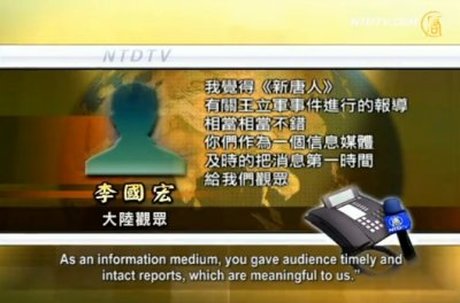
【禁聞】尋王立軍真相 觀眾感謝《新唐人》
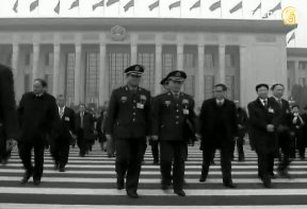
【禁聞】中共自爆軍代表受賄 武器質量變差
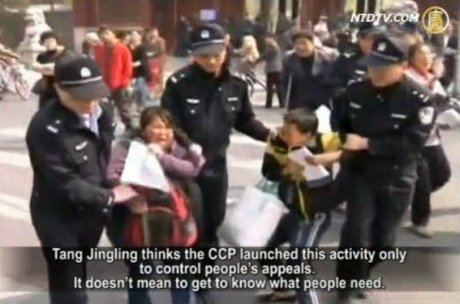
【禁聞】兩會來了 民間建言申冤聲浪起
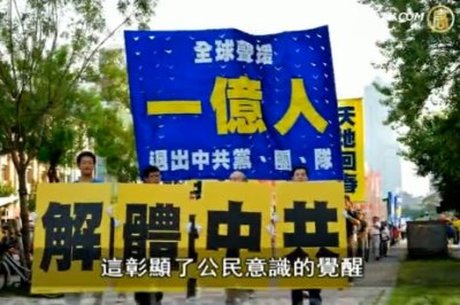
【禁言博客】「和諧」漲價了
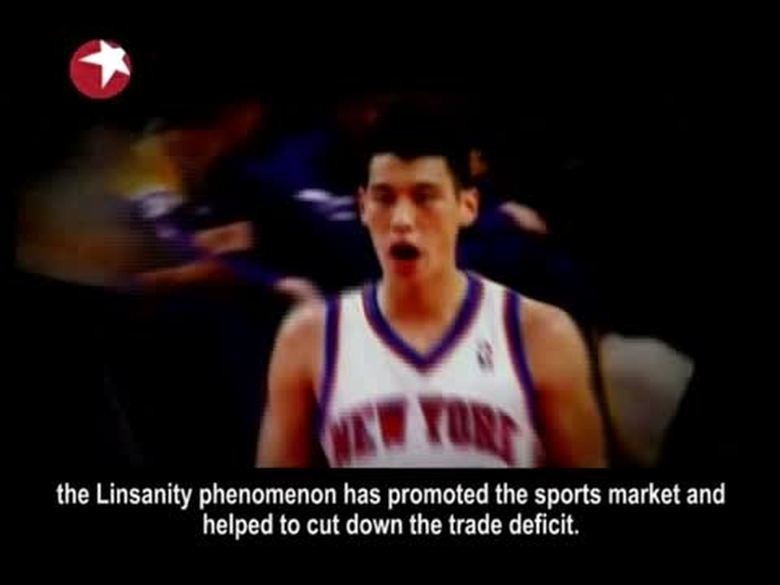
【禁聞】林書豪爆紅也低調
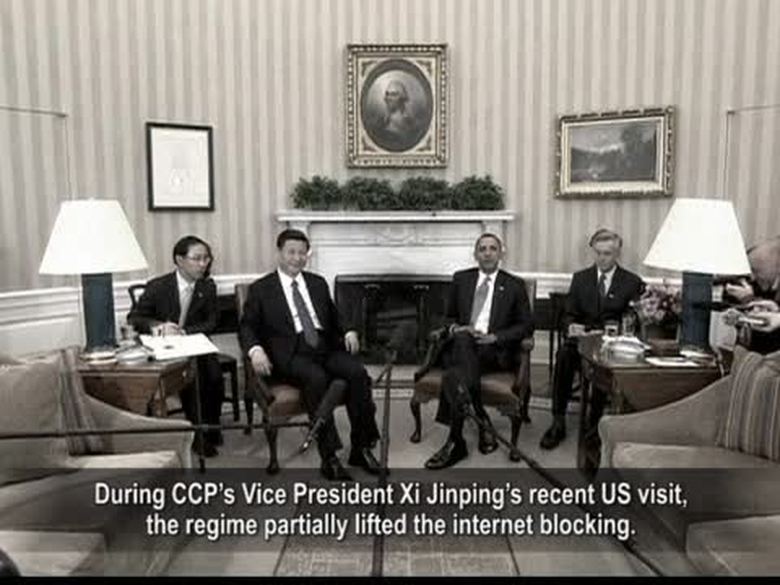
【禁聞】中國網絡運動:佔位奧巴馬Google+
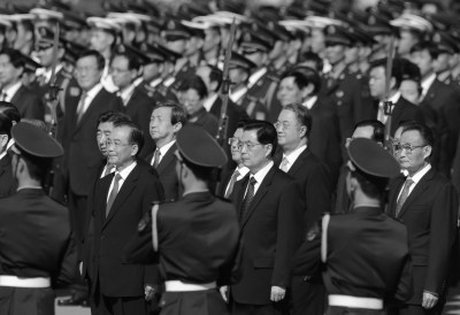
【禁聞】王立軍事件失控 中共官員找退路
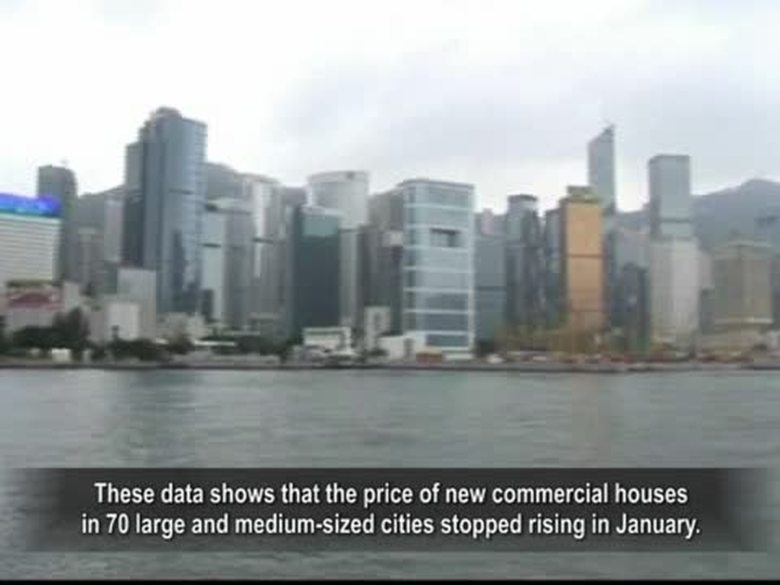
【禁聞】樓市降價潮 茅于軾:降50%不過份
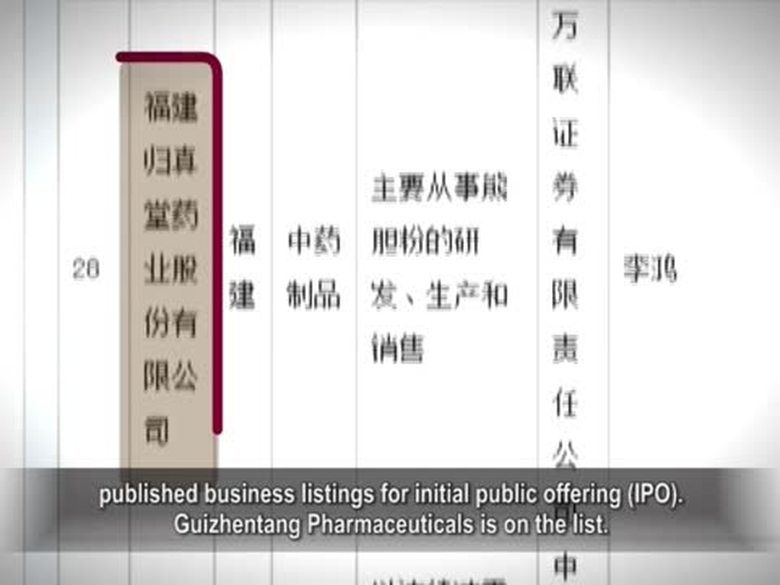
【禁聞】活取熊膽 眾人齊喊滾
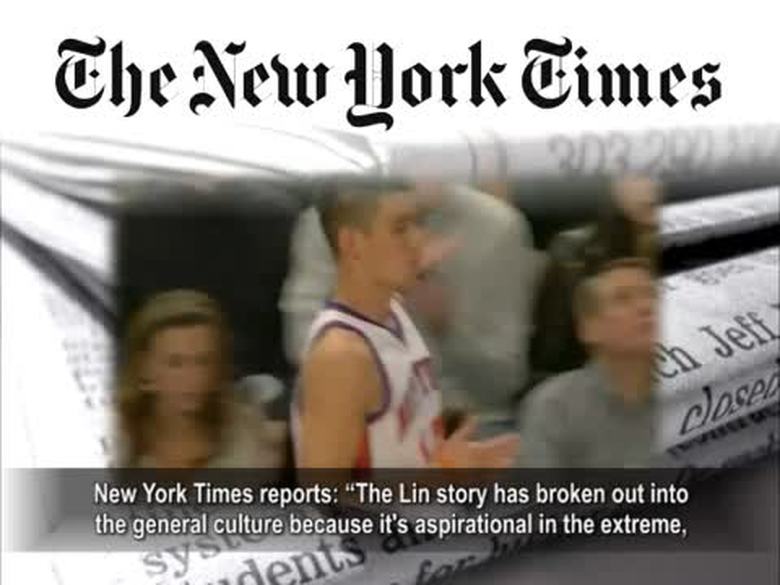
【禁聞】林書豪給職業籃球注入新鮮血液
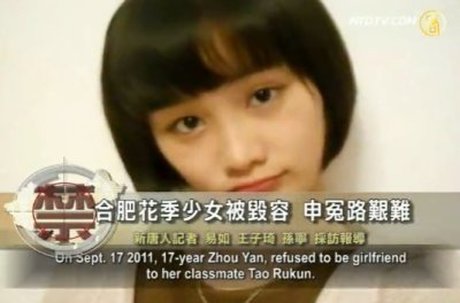
【禁聞】合肥花季少女被毀容 申冤路艱難
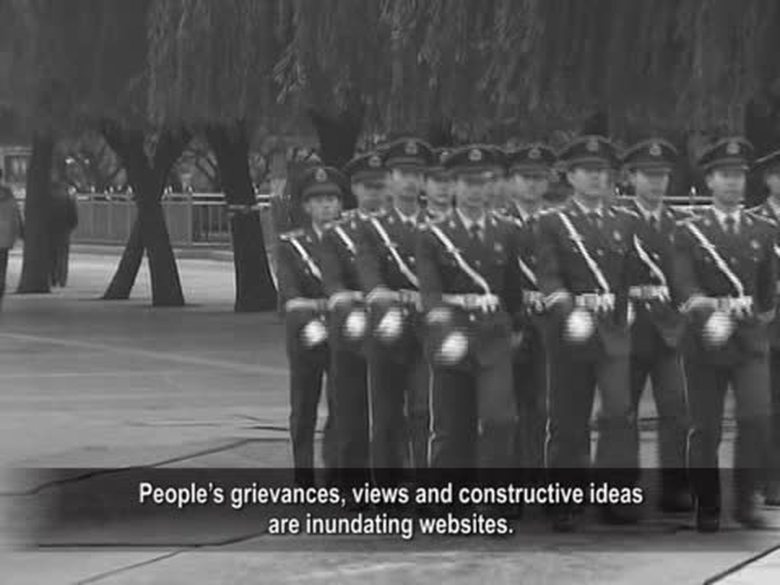
【禁聞】中共兩會民生重提 權鬥白熱化
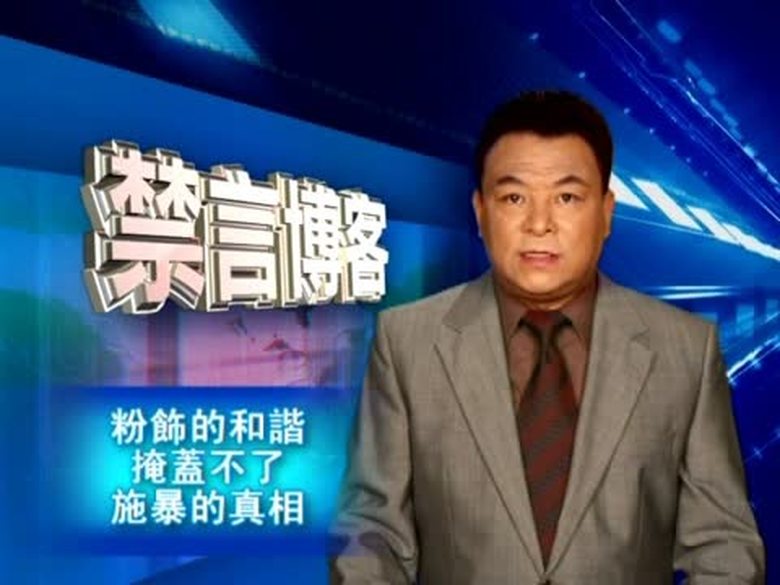
【禁言博客】粉飾的和諧掩蓋不了施暴的真相
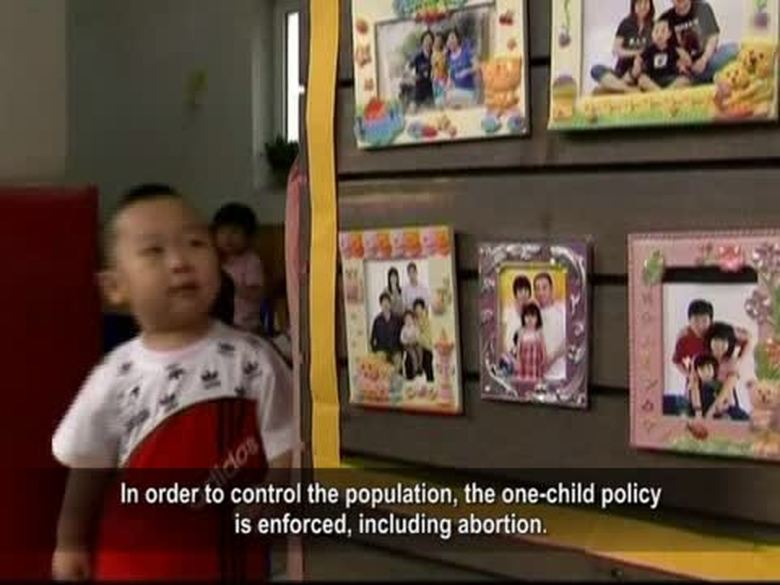
【禁聞】計生標語背後的人倫悲劇與恐怖
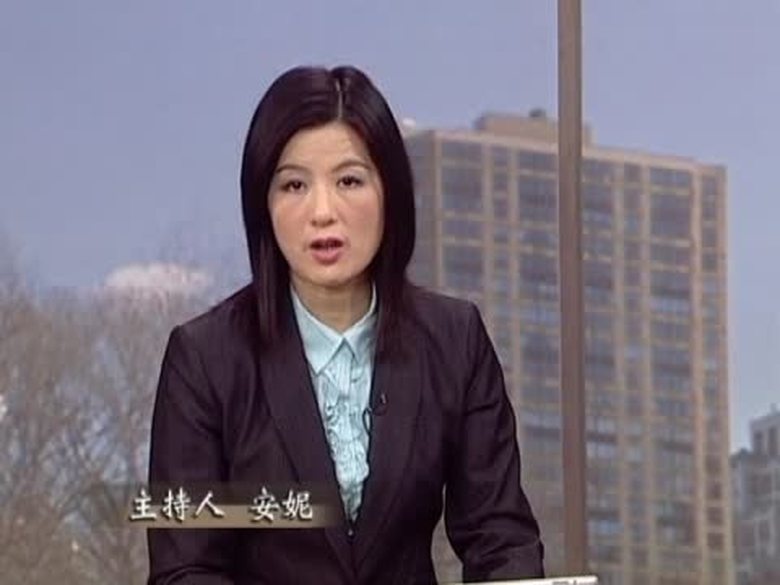
【禁聞論壇】「灰色收入」是分配不公的罪魁禍首?
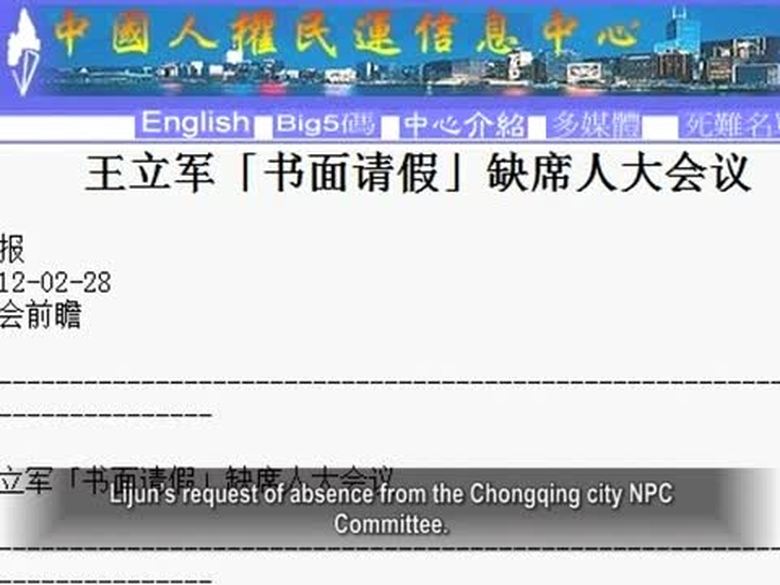
【禁聞】王立軍缺席兩會 薄熙來高調表忠








